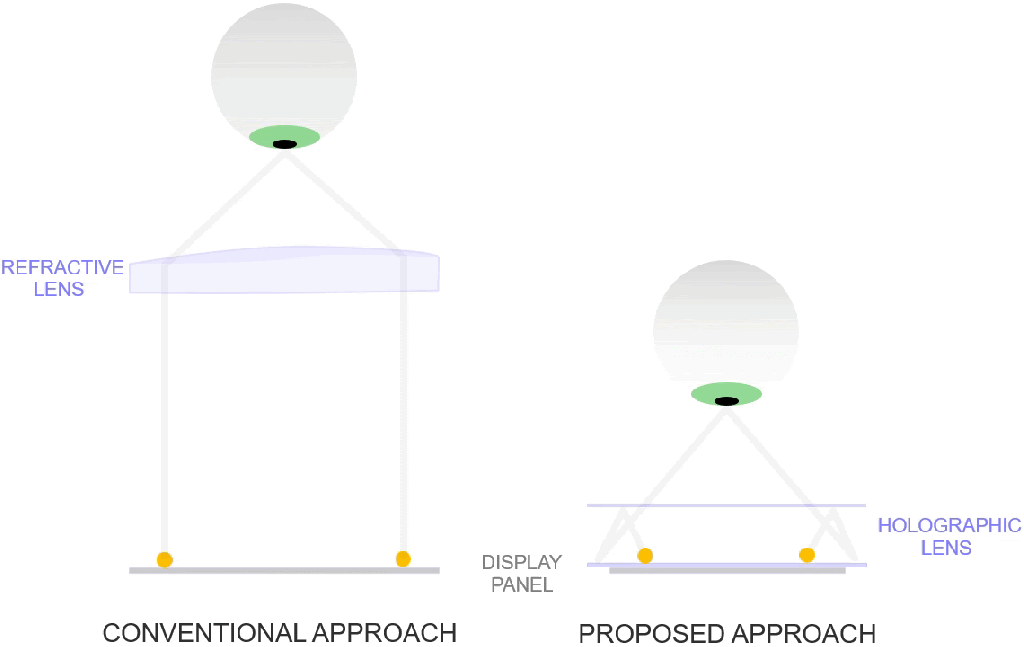Since Hell has frozen over, it follows that it is not accepting any more souls and is therefore, extinct…

On planet K2-141b, hundreds of light-years away, oceans are made of molten lava, winds reach supersonic speeds and rain is made of rocks. Scientists have referred to the bizarre, hellish exoplanet as one of the most “extreme” ever discovered.
Scientists have uncovered details of one of the newest “lava planets” — a world that so closely orbits its host star that much of it is composed of flowing lava oceans. […]
The Earth-sized exoplanet appears to have a surface, ocean and atmosphere all made of the same ingredients: rocks. […]
While analyzing the planet’s illumination pattern, scientists found that about two-thirds of the planet experiences perpetual daylight. K2-141b’s close proximity to its star gravitationally locks it in place — meaning the same side always faces the star.
This scorching hot part of the planet reaches temperatures of over 5,400 degrees Fahrenheit. It’s hot enough to not only melt rocks, but also vaporize them, creating a thin, inhospitable atmosphere.
The rest of the planet is cloaked in never-ending darkness, reaching frigid temperatures of negative 328 degrees Fahrenheit.
In Earth’s water cycle, water evaporates, rises up into the atmosphere, condenses, and returns to the surface as rain. Now imagine that process, but instead of water, K2-141b only has rocks to work with.
screenprint { Bridget Riley, Composition with Circles 2 (Schubert 46), 2001 }
previously { Is Heaven hotter than Hell? }


















